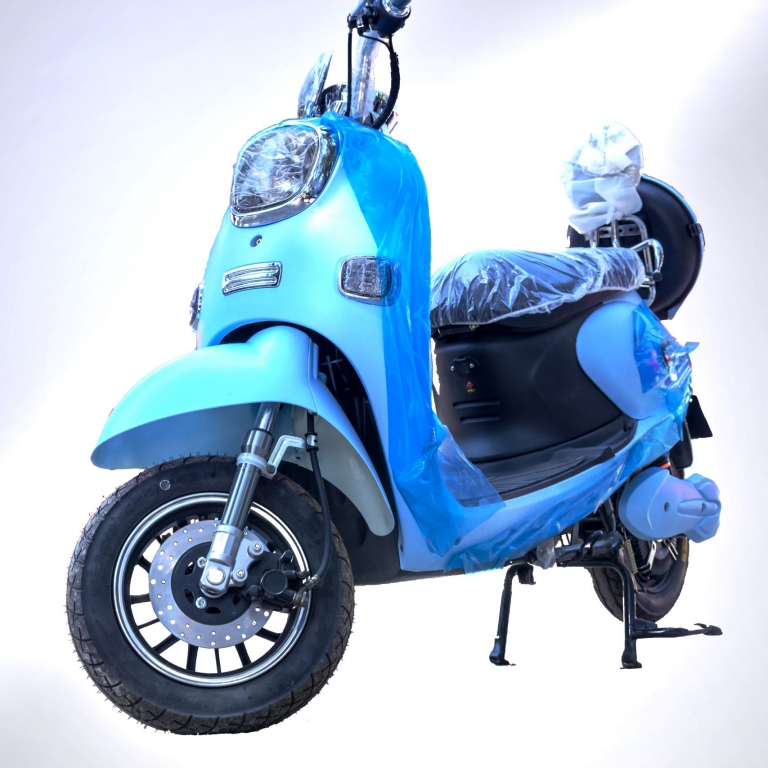Tom Electric Vehicles (TomE) was established with a vision to introduce and implement a green transport alternative in Ethiopia by 2030. With a private partnership model agreement with Nifas Silk Poly Technical College, TomE hopes to be one of the pioneers within the electric transport sector in the country through knowledge and skills transfer. TomE will provide training to students in their last year of education. The company will also hire at least 50pc of the graduates for the auto mechanic department every year. The department currently has around 1,200 students. In addition, from every electric motorcycle sold, the college gets 200 Br to cover utility costs, while the undergraduate students will be working at the plant for free.
“Our major goal is not earning money,” said Meles Yigzaw, dean of Nifas Silk Poly Technic College. “The greatest benefit we can get from this project is providing practical learning to our students while securing jobs for them when they graduate.” “In addition to being employees, we can see our students opening shops that sell the vehicles and establishing maintenance workshops,” added Meles. The contract that was signed between the two also does not have a time-lapse and “will keep being in force as long as the operations of the company are in line with the vision of the college,” reads the contract.
Tom Electric vehicle has the sole vision of satisfying the need for the public, government and private sector vehicle needs. Their products are 40% cheaper compared to their petrol peers and provide 70% less in running costs. TomE currently assembles and sells vehicles for personal transport, public transport and cargo carriers for transportation including construction materials, food and beverages. TomE also has special categories of vehicles that serve small scale agricultural farmers as well as stair climbing. The incentives for sales of their vehicles are that they offer superb efficiency, low operational and investment costs.
In its first year of production, the company plans to sell between 15,000 to 20,000 of its products. Though the company expects penetrating the market will be challenging, they still believe they will be able to triple production in three years. The company sent three of its engineers to China where they received a three-month-long training about the production and assembling of the vehicles. The trainees have in turn trained 20 employees of the company in Ethiopia and will also be instructors at the College.
Ethiopia spends around three billion dollars annually to import fuel, and that budget has been growing at a rate of 10pc per year. The same rate of growth as the number of vehicles in the country. Experts in the area commend the operations of the company as well as its partnership with a college.
www.tomevehicle.com and @tomelectricbike on Facebook
CS@tomEVehicle.com
+251-926-665-080
+251-924-04-8408

